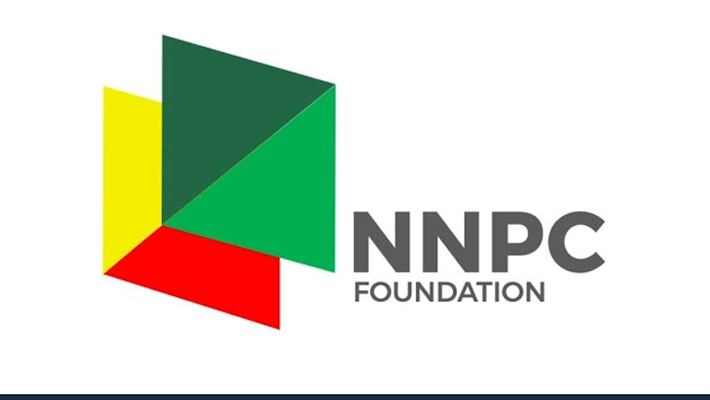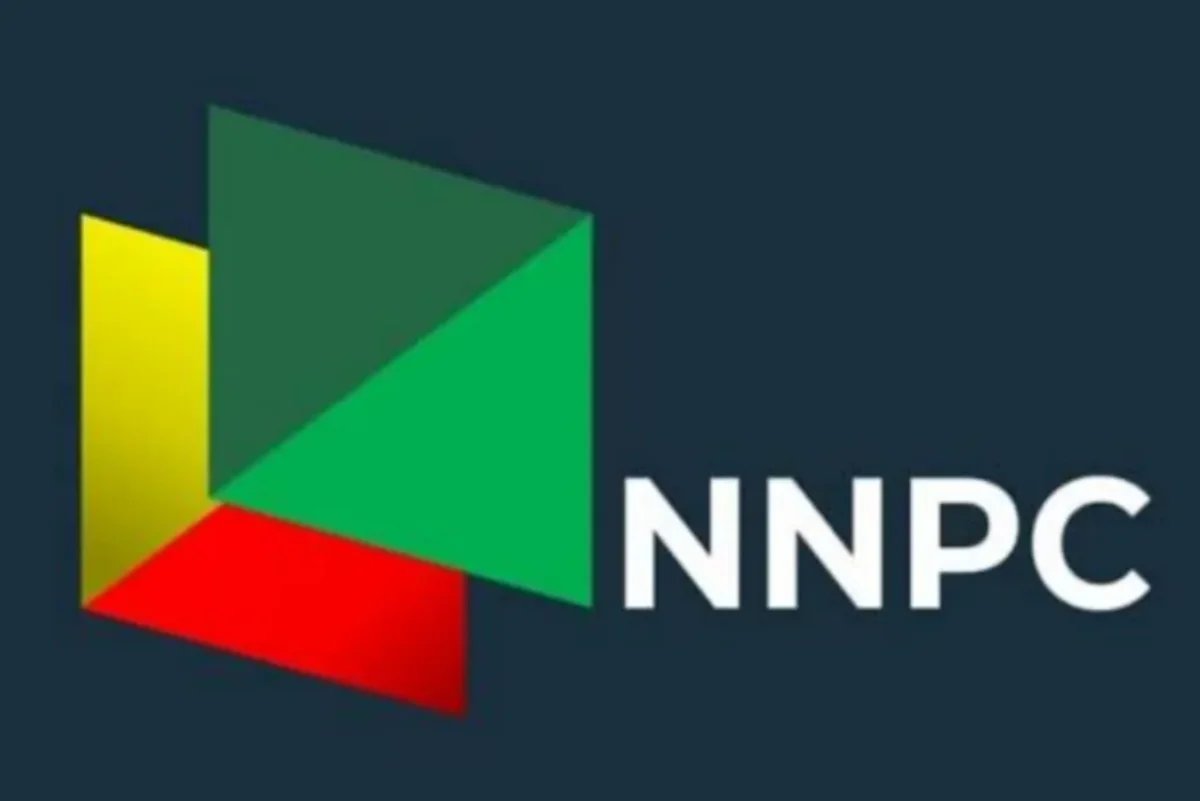The Federal Government is set to introduce zinc-enriched rice varieties, Faro 71 and Faro 72, as part of efforts to combat malnutrition and improve food security across Nigeria.
The Minister of Agriculture and Food Security, Senator Abubakar Kyari, made this known during a briefing on the official release of the biofortified rice varieties, held recently at the Ministry’s conference room in Abuja.
Kyari explained that the zinc-rich rice varieties will address critical challenges in rice production while improving nutrition among Nigeria’s smallholder farmers, who rely heavily on rice for both food and income.
In his words, “these varieties not only offer higher zinc content and yield but also climate resilience such as adaptability to Savanna and Rainforest ecologies, Drought tolerance and Pest and disease resistance, which make them a valuable tool for enhancing both the productivity and resilience of rice farming systems in vulnerable communities.”
The Minister noted that zinc deficiency is a significant public health issue in Nigeria, particularly affecting women and children, as it contributes to poor nutrition outcomes.
“Yet, a large proportion of the Nigerian population does not meet their daily zinc requirements due to diets that are predominantly low in bioavailable micronutrients.
Nutrition surveys and global health reports have it that anaemia affects about 68% of children under five in Nigeria, with zinc and iron deficiencies being major underlying causes. The national stunting prevalence among children under five in Nigeria is 37%,” the Minister noted.
Kyari emphasised that adequate nutrition is critical for the survival and development of children, warning that zinc deficiency leads to weakened immune systems, stunted growth, and poor cognitive development.
He said that to mitigate this, “Nigeria is taking proactive steps by introducing biofortified, zinc-enriched staple crops, such as zinc rice, offering affordable, accessible solutions to improve dietary zinc intake and strengthen food and nutrition security.”
According to the Minister, the release of the Faro 71 and Faro 72 varieties marks a historic milestone for Nigeria and Africa at large, achieved through a strategic collaboration between the Ministry, HarvestPlus, HarvestPlus Solutions, and the National Cereals Research Institute (NCRI).
Kyari credited international support from the British Government’s Foreign, Commonwealth & Development Office (FCDO), the Propcom+ Project, and the Alliance for a Green Revolution in Africa (AGRA) for funding agricultural innovations that led to the release.
“This breakthrough builds on successful scaling efforts in Bangladesh and India, where farming households growing zinc-enriched rice have recorded measurable improvements in nutrition outcomes through increased production and consumption,” he stated.
The Minister noted that regular consumption of the enriched rice could meet up to 40% of an individual’s daily zinc requirements, providing a practical and effective solution to zinc deficiency, particularly among adolescents.
He added that beyond its health benefits, zinc rice offers new economic opportunities for smallholder farmers by expanding access to nutrient-rich food for Nigerian and African consumers.
He assured the public that the Federal Ministry of Agriculture and Food Security, in partnership with HarvestPlus, would continue to collaborate with stakeholders to promote widespread adoption of the zinc rice varieties.
Earlier, the Permanent Secretary of the Ministry, Dr. Marcus Ogunbiyi, hailed the initiative as a significant achievement in agricultural innovation, noting that Nigeria has become the first African country to develop zinc biofortified rice.
He said rice is a major staple in Nigeria and carries vital macronutrients, hence the Ministry’s commitment to bolstering food and nutrition safety.
Also speaking, the Country Director of HarvestPlus, Dr. Yusuf Dollah, disclosed that the organisation is currently working with the National Cereals Research Institute to produce early generation seeds and integrate commercial seed components into the national seed system.
He explained that the seeds would be distributed for free to allow farmers to multiply and certify them for planting.
Dr. Yusuf added that HarvestPlus would work with partners to carry out demonstrations, awareness campaigns, and other activities, saying, “HarvestPlus has three phases namely; Research and Development (which led to the release of the varieties), Commercialisation which the Organisation is about going into and are ready to provide support to ensure that Nigerians will continuously have access to the nutritious varieties and the prices with the other conversational varieties is the same.”
The event was attended by representatives of HarvestPlus Solutions, Propcom, Biofarm, NCRI, AGRA, and other stakeholders.












